Liesbeth De Mol
Biography
Liesbeth De Mol, art historian and philosopher working on the history and epistemology of computing and programming. She has published in a variety of venues reflecting her anti-disciplinary stance. She also co-founded the DHST/DLMPST commission for the history and philosophy of computing and is the PI of the ANR research project PROGRAMme focusing on the question: what is a computer program? Currently, she is a CNRS researcher and affiliated to the University of Lille.
Previous events
NewCrafts Paris 2023
Programming notations. There is no escape.
Talk
What is programming? One traditional answer to this question would be: the design and building of
an executable computer program, relying on a programming language. The program then is the thing that is coded in the notation, as defined by the programming language. Today, such traditional answers are challenged (again) by an ideal of “programming” in which actual programming is delegated to an AI. In view of such developments, we ask here: what is real programming and how can we differentiate it from other forms of interaction between humans and machines? To tackle that question we focus in this talk on the nature of programming notations, and analyze them from a historico-philosophical perspective. In particular we introduce a notion of notational programmability which is anchored in reflections on so-called “meaningless notations” within 19th and early 20th century logic and mathematics. We show how we can recover from this a notion of operational meaning established by the setting up of operational analogies through a notation between two distinct domains. However, unlike the abstract notion of computability that resulted from these developments, programming notations need an ability to create new shared meanings within a constantly changing environment established by users, machines and developers. This notion of notational programmability allows to evaluate past and existing programming notations in terms of their suitability within this user-programmer-machine triad. It results in the conclusion that the often lamented plethora of existing programming notations is not a curse but a blessing. We cannot escape from the multiplicity of notations unless we give up on actual programming to replace it by meaningless interaction. To put it differently, there is a basic difference to be drawn for a human whether they are entitled to enact the law or whether they are entitled to change the law. Notational programmability is oriented towards the latter. The misled hope of "programming" without programmers and without notational programmability then becomes the true curse that we should avoid.
This talk is the result of a collaboration of the PROGRAMme group. PROGRAMme is an open collective of people convinced that we need a more profound reflection on the programming field at large, without commitment to any dogmatic method or perspective. PROGRAMme stands for open-mindedness and a willingness to actively lay bare ones own (disciplinary) assumptions in order to actively engage with those of others.






